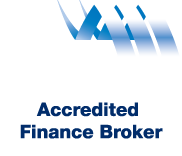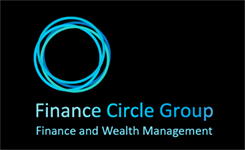Commonwealth Bank, ING, ANZ and NAB shift variable and fixed home loan interest rates
Commonwealth Bank variable home loan interest rates have been lowered by up to 0.40 percentage points for the first time since last September, with new borrowers who have deposits of at least 30% benefiting the most from these recent changes.
While variable interest rates are trending down, the news isn’t so good for long-term Commonwealth Bank fixed-rate customers, with rates increasing 0.10 percentage points.
What is my mortgage repayment ?
These changes mean that for new borrowers with a 70% loan-to-value ratio (LVR), their principal and interest rate repayment is 2.29%, while for those with an 80% LVR, their rate is 2.39%.
Over at ING, new owner-occupier and investor variable interest rates paying principle and interest were cut by up to 0.25 percentage points.
Like Commonwealth Bank, ING also increased most owner-occupied fixed rates between 0.05 to 0.20 percentage points, but all ING one-year fixed rates have remained the same.
For owner-occupiers interested in their two-year fixed option, their rate is 1.99% when paying principal and interest with an LVR of 80%.
NAB has also lowered their variable and one-year fixed rates, with their base variable of up to 80% LVR dropping from 2.69% to 2.29%, and one-year fixed rates now sitting at 1.99%.
Like Commonwealth Bank, NAB increased many fixed rate offerings, with their two, three, and four-year fixed rates up 0.10 percentage points, while their five-year fixed has risen 0.20 percentage points
Will the Reserve Bank hike rates?
Although nothing is confirmed, some experts view these moves as banks preparing for what’s to come.
Chamila Suraweera at Finance Circle Group believes that these rate changes have occurred so banks can further promote their variable mortgage variable rate products before the anticipated RBA rate hikes in the coming years.
“History tells us that if (short term) rates move up faster, banks can increase their rates faster,” he said. “Whereas, of course, with fixed rates, essentially they have locked themselves into a three-year or four-year scenario. This does not means that every client needs to fix their rates. This will depend on their needs and objectives and own circumstances.”
“Whereas, of course, with fixed rates, essentially they have locked themselves into a three-year or four-year scenario. This does not means that every client needs to fix their rates. This will depend on their needs and objectives and own circumstances.”

Will there be more regulations changes?
With the property market heating up, there are several ways that regulator may move in to change the landscape of borrowing. Recent changes in Oct 2021 with changes to Assessment Rate or the Floor Rate may impact many borrowers.

Contact Us
Email us:
Info@financecirclegroup.com.au
Call us:
0401976188
